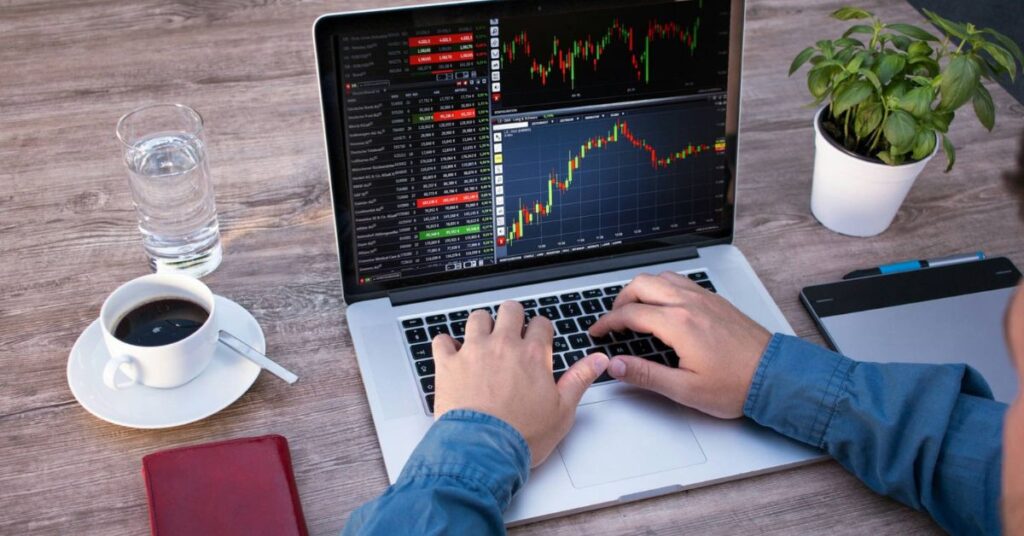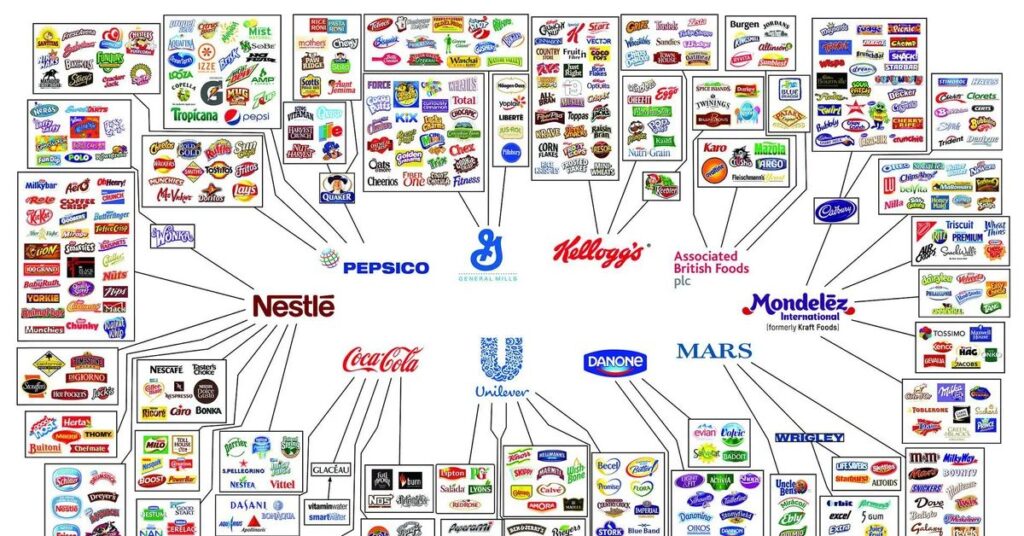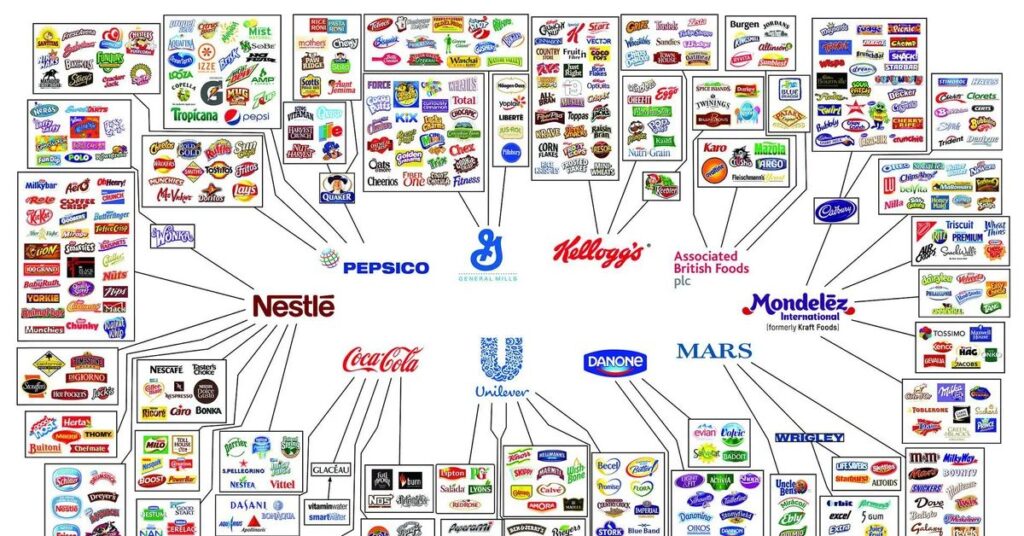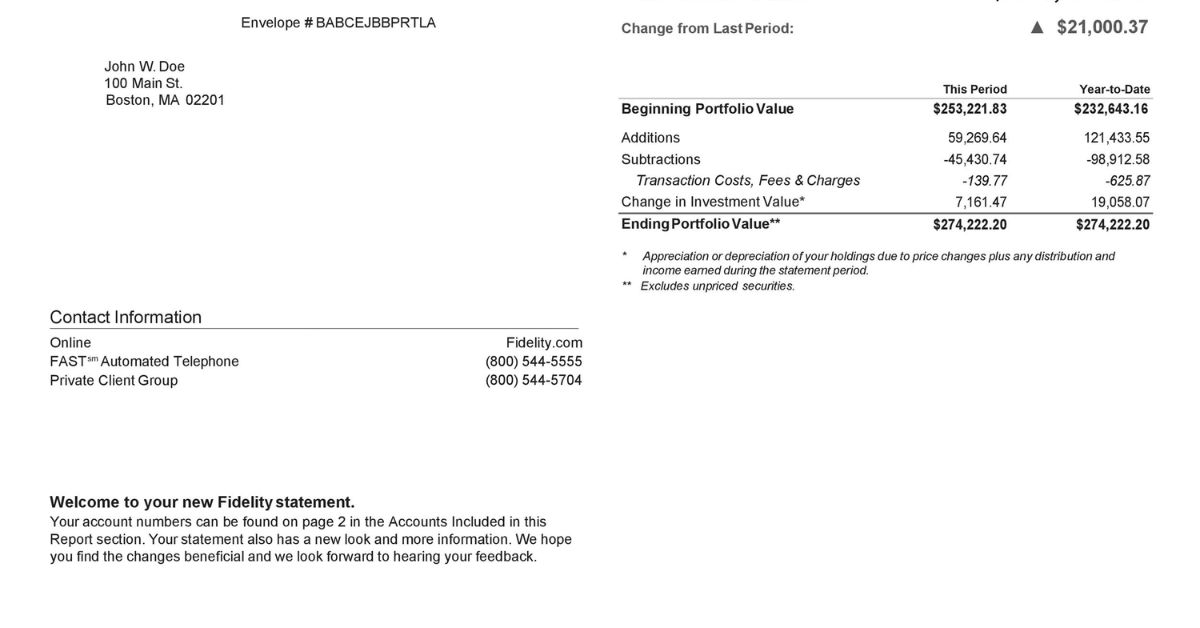Ever glanced at your bank statement and spotted an unfamiliar charge labeled “LH Trading”? You’re not alone. This mysterious entry has left many scratching their heads, wondering about the nature of this transaction. In this comprehensive guide, we’ll dive deep into the world of LH Trading charges, unraveling their meaning, origins, and implications for your financial health.
Understanding LH Trading: More Than Just a Name
LH Trading, often associated with London House Trading, is a name that frequently pops up on bank statements, especially for those engaged in foreign currency transactions or international purchases. But what does it really mean?
LH Trading charges typically relate to foreign exchange services or currency conversion fees. When you make a purchase in a foreign currency or transfer money internationally, your bank might use LH Trading as an intermediary to process the transaction. This service ensures that your dollars are converted to the appropriate foreign currency at the current exchange rate.
The Connection to Forex Trading

While LH Trading charges aren’t directly related to personal forex trading, they do intersect with the broader world of foreign exchange. Here’s a quick breakdown:
- Forex trading: The act of buying and selling currencies
- LH Trading charges: Fees associated with currency conversion for purchases or transfers
- Currency exchange: The process of converting one currency to another
LH Trading acts as a facilitator in this process, handling the currency exchange aspect of your transaction.
Why You Might See LH Trading on Your Statement
There are several reasons why an LH Trading charge might appear on your bank statement:
- International purchases: Buying goods from overseas retailers
- Foreign currency withdrawals: Using ATMs abroad
- Money transfers: Sending funds to international bank accounts
- Online transactions: Purchasing from websites that process payments in foreign currencies
Case Study: The Traveler’s Tale
Let’s consider Sarah, an American tourist visiting Paris. During her trip, she:
- Withdrew €200 from a local ATM
- Purchased a €150 handbag from a boutique
- Booked a €80 tour online
Upon returning home, Sarah noticed three separate LH Trading charges on her statement, corresponding to each of these transactions. The charges reflected not only the converted amount but also included small fees for the currency conversion service.
Breaking Down LH Trading Charges: What You’re Actually Paying For

When you see an LH Trading charge, it typically comprises two main components:
- The transaction amount: The cost of your purchase or withdrawal, converted to your home currency
- The conversion fee: A percentage charged for the currency exchange service
Here’s a simple table to illustrate:
| Component | Description | Example |
| Transaction Amount | Cost of purchase in home currency | $100 |
| Conversion Fee | Typically 1-3% of the transaction | $2 |
| Total LH Trading Charge | Sum of transaction and fee | $102 |
It’s worth noting that these fees can add up, especially for frequent travelers or those who regularly make international purchases.
Is That LH Trading Charge Legitimate?
While LH Trading charges are often legitimate, it’s crucial to stay vigilant. Here are some red flags to watch out for:
- Unusually large amounts: If the charge seems disproportionate to your spending, investigate further
- Multiple charges for a single transaction: This could indicate double-charging
- Charges without corresponding international activity: If you haven’t made any foreign purchases or withdrawals, this is suspicious
“Always trust your instincts. If a charge doesn’t feel right, it’s worth looking into.” – Financial expert Jane Doe
Protecting Yourself from Unexpected LH Trading Fees
To minimize the impact of LH Trading charges on your finances:
- Use cards with no foreign transaction fees: Many credit cards now offer this feature
- Consider local currency options: Sometimes, paying in the local currency can be cheaper than your home currency
- Monitor your statements regularly: Catch any unusual activity early
- Set up alerts: Many banks offer notification services for foreign transactions
Minimizing Costs: A Checklist
- Research your bank’s foreign transaction policies
- Compare credit cards for international use
- Inform your bank of travel plans
- Consider obtaining a multi-currency account for frequent travelers
What to Do If You Don’t Recognize an LH Trading Charge

If you spot an unfamiliar LH Trading charge, don’t panic. Follow these steps:
- Review your recent transactions: Check if it matches any international purchases or withdrawals
- Contact your bank: They can provide more details about the charge
- Dispute the charge if necessary: If it’s truly unauthorized, your bank can help you file a dispute
- Monitor your account: Keep an eye out for any additional suspicious activity
Remember, most banks have a time limit for disputing charges, typically around 60 days from the statement date.
LH Trading Charges vs. Other Common Bank Statement Entries
It’s easy to confuse LH Trading charges with other similar-looking entries. Here’s a quick comparison:
| Entry | Description | Typically Related To |
| LH Trading | Foreign currency conversion | International purchases, withdrawals |
| PayPal | Online payment processor | E-commerce transactions |
| Square | Point-of-sale system | In-person purchases at small businesses |
| Stripe | Online payment processor | Digital product purchases, subscriptions |
Understanding these differences can help you better interpret your bank statement and catch any truly unusual activity.
The Broader Context: International Money and Banking
LH Trading charges are just one aspect of the complex world of international finance. As our global economy becomes increasingly interconnected, it’s crucial to understand the ins and outs of cross-border financial activities.
The Volatility of Currency Exchange
Foreign exchange rates are constantly fluctuating, influenced by factors like:
- Economic indicators
- Political events
- Market speculation
These fluctuations can significantly impact the final amount of an LH Trading charge. For instance, a purchase made when the dollar is strong against the euro will result in a lower charge than when the dollar is weaker.
The Role of Forex Specialists
Companies like LH Trading specialize in navigating these complex waters. They offer:
- Expertise in currency markets: Understanding trends and forecasts
- Advanced trading platforms: Executing transactions efficiently
- Risk management tools: Protecting against adverse currency movements
For banks and their customers, these services are invaluable in ensuring smooth international transactions.
Financial Education: Key to Managing LH Trading Charges
Understanding LH Trading charges is part of a broader financial literacy that’s crucial in today’s global economy. Here are some key areas to focus on:
- Exchange rates: Learn how they work and what influences them
- International banking: Understand the processes involved in cross-border transactions
- Fee structures: Familiarize yourself with common fees for international activities
- Consumer rights: Know your protections when it comes to disputed charges
“Knowledge is power. The more you understand about international finance, the better equipped you’ll be to make informed decisions.” – Financial advisor John Smith
Overseas Payments: Strategies to Avoid Unnecessary Fees

For those frequently engaged in international activities, managing LH Trading and similar charges is crucial. Here are some strategies to consider:
- Use specialized forex services: Often offer better rates than traditional banks
- Time your transactions: If possible, make large purchases when exchange rates are favorable
- Bundle transactions: Some services offer better rates for larger amounts
- Explore multi-currency accounts: Ideal for those who regularly deal with multiple currencies
Case Study: The Savvy Small Business Owner
Meet Tom, who runs an online store sourcing products from various countries. Initially, he was losing a significant amount to LH Trading charges. By implementing the following strategies, he managed to reduce his forex-related expenses by 30%:
- Opened a multi-currency account
- Used a specialized forex service for large transactions
- Timed his purchases to coincide with favorable exchange rates
The Future of International Transactions
As technology advances, we’re likely to see changes in how international transactions are processed. Some potential developments include:
- Blockchain-based transfers: Potentially reducing the need for intermediaries like LH Trading
- Improved real-time currency conversion: Offering more transparency in rates and fees
- AI-powered forex predictions: Helping consumers time their transactions more effectively
While LH Trading charges may evolve, the need for currency conversion in our global economy is likely to persist.
Conclusion: Empowering Yourself in the World of International Finance
Understanding LH Trading charges is more than just decoding a line on your bank statement. It’s about empowering yourself to navigate the complex world of international finance with confidence. By staying informed, monitoring your statements, and making strategic decisions about your banking and payment methods, you can minimize unnecessary fees and make the most of your money in our increasingly global economy.
Remember, knowledge is your best defense against unexpected charges and your strongest tool for making smart financial decisions. Whether you’re a frequent traveler, an online shopper, or someone who occasionally dips their toes into international waters, understanding LH Trading charges is a valuable part of your financial toolkit.
Frequently Asked Questions About LH Trading Charges
- Can I prevent LH Trading charges from appearing on my statement?
- While you can’t always prevent them, you can minimize them by using cards with no foreign transaction fees or choosing to pay in your home currency when given the option.
- Are LH Trading charges always the same amount?
- No, they vary based on the transaction amount and current exchange rates.
- How long do I have to dispute an LH Trading charge?
- Typically, you have 60 days from the statement date, but check with your bank for their specific policies.
- What information should I have ready when contacting my bank about an LH Trading charge?
- Have your statement ready, along with details of any international transactions you’ve made.
- Can LH Trading charges affect my credit score?
- The charges themselves don’t affect your credit score, but if they lead to an overdrawn account or late payments, that could impact your credit.
By staying informed and proactive, you can navigate the world of LH Trading charges with confidence, ensuring that your international financial activities remain smooth and cost-effective.

“Meet Alena Genefair, a seasoned finance expert with over five years of experience and the esteemed author behind FinanceHookup. With a wealth of knowledge in financial management, investment strategies, mortgages, and banking, Alena provides insightful perspectives to readers. Her expertise helps individuals navigate the complexities of personal finance with clarity and confidence.”



